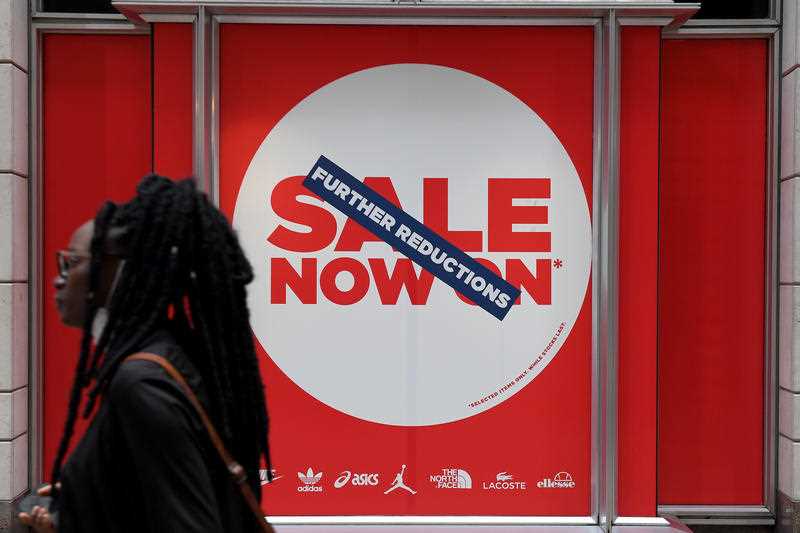The average Australian household has never felt better financially, but a new survey has also found concerns around the prolonged impact of COVID-19 and cost of living pressures are beginning to creep in.
The ME household financial comfort report found one-in-three respondents predicting a negative long-term impact from COVID-19 and a near-record two-in-five are worried about the cost of living.
Its financial comfort index is sitting at 6.04 out of 10, an increase of three per cent from a year ago and eight per cent higher than its pre-pandemic level in December 2019.
“Following the phasing out of COVID-19 related government assistance as well as the easing of restrictions, most households have maintained record financial comfort,” ME consulting economist Jeff Oughton said.
This largely reflects rising residential property and investment markets, job gains driven by the economic recovery, high precautionary savings and confidence in the ability to cope with a financial emergency.
However, Mr Oughton said such comfort appears to be being eroded by the rising cost of necessities, such as rent, food and fuel, at a time of relatively subdued income growth.
Wages figures released on Wednesday showed that while growing at their fastest pace since 2019, they still lag the rate of inflation.
Some households have already started unwinding their high level precautionary savings secured during the pandemic, while the number of households spending more than they earn is rising.
“We are approaching an important juncture for households – some may choose a path of retaining their high level of savings, and others will revert to old habits,” Mr Oughton said.
Meanwhile, the latest business investment figures are expected to paint a more positive picture.
The Australian Bureau of Statistics will release private capital expenditure (capex) numbers for the December quarter on Thursday, which will feed into next week’s release of economic growth figures for the quarter.
Economists expect capex rebounded by 2.5 per cent in the December quarter after falling 2.2 per cent over the three previous months as result of the Delta strain lockdowns.
The data pre-dates the disruptions caused by the Omicron variant.
However, economists are still expecting a solid result in the latest investment intentions survey contained in the capex report, which was taken during the early weeks of 2022.
Economists expect the latest investment estimate for the 2021/22 financial year to be around $140 billion to $146 billion, compared with a previous $138.6 billion estimate made three months earlier.
By Colin Brinsden, AAP Economics and Business Correspondent in Canberra
Get all the latest Canberra news, sport, entertainment, lifestyle, competitions and more delivered straight to your inbox with the Canberra Daily Daily Newsletter. Sign up here.



